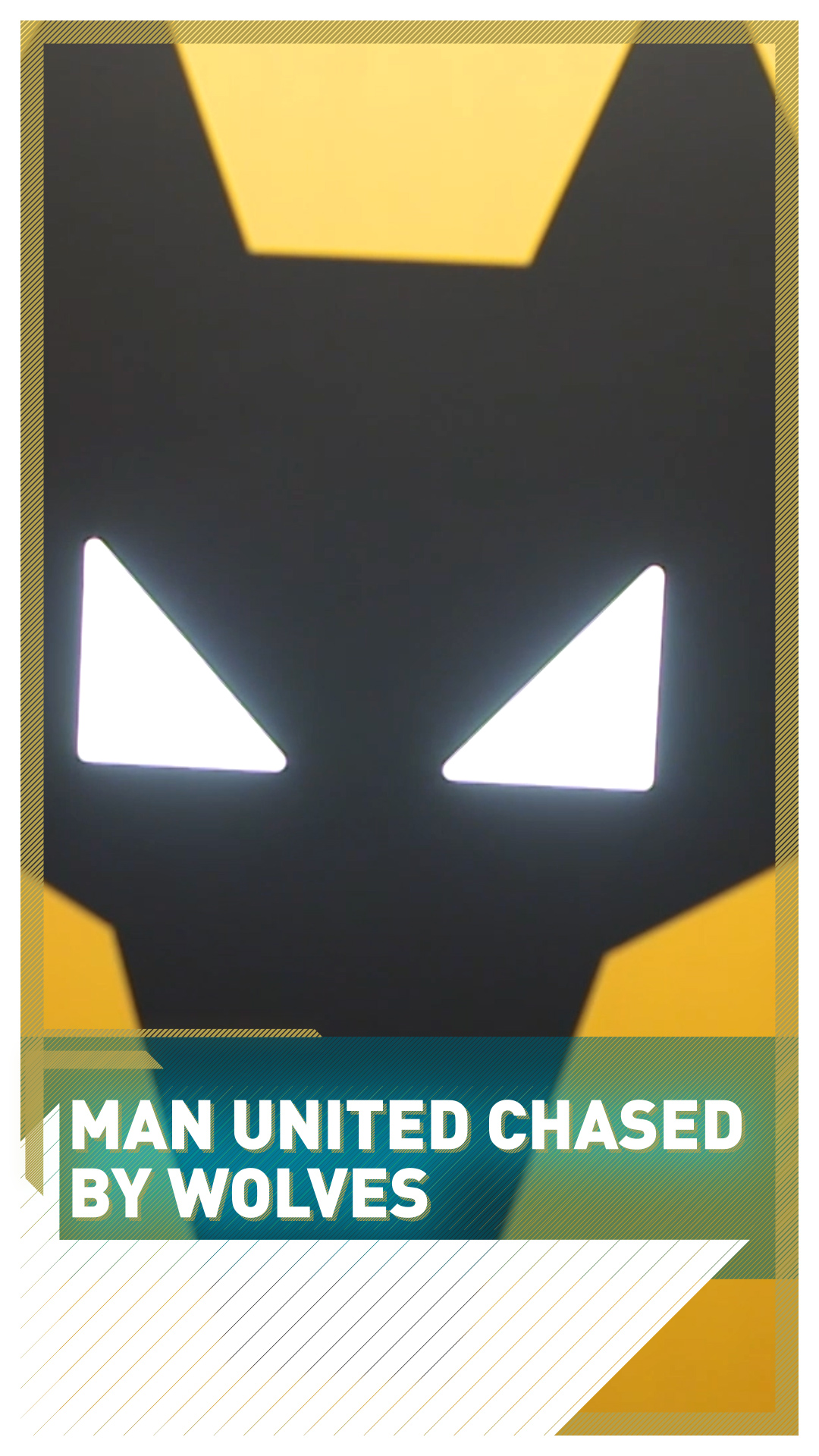01:27

Wolverhampton Wanderers FC's expansion into fashion and e-sports has helped the English club become the second-biggest soccer brand in China, according to the club's executive chairman.
While Manchester City and Liverpool fight it out to be soccer champions of England, there's a bigger battle abroad – to be the most successful club brands on the global marketplace, dominating on the field and on social media.
Manchester United lead the way for social footprint, and while other English clubs like Chelsea, Arsenal and Tottenham have huge worldwide followings – as do other European giants such as Germany's Bayern Munich, Italy's Juventus and Spain's Real Madrid and Barcelona – Wolverhampton Wanderers is a perhaps surprising new entrant into the fray.

Wolverhampton Wanderers' Joao Moutinho scores against Manchester United in the Premier League – and the Chinese-owned club is now aiming to grow a global fanbase like the Manchester giants. /Dave Thompson/AP
Wolverhampton Wanderers' Joao Moutinho scores against Manchester United in the Premier League – and the Chinese-owned club is now aiming to grow a global fanbase like the Manchester giants. /Dave Thompson/AP
Better known as Wolves, the club from the English Midlands was bought by China's Fosun Group in 2016. Since then the team has been promoted from England's secondary division the Championship, has twice finished seventh in the Premier League, and this year is hoping to do even better by qualifying for European competition.
And in an exclusive interview, the club's executive chairman Jeff Shi told CGTN Europe that the club has been rapidly growing its global fanbase with the help of an exciting new social phenomenon: e-sports, or competitive video gaming, watched online by a burgeoning number of fans.
Wolves now has teams playing FIFA, Rocket League, Fortnite, Call of Duty and Identity V – and adding their followers to the soccer team's produces a pleasant result for Shi.
"Regarding the fanbase, from the social media followers, if you mix e-sports and football, maybe we are only behind Man United in China," he told CGTN.

In January 2022, Wolves' GR esports team competed in the Le Mans 24 Virtual race at the club's Molineux Stadium, on the same day as the soccer side hosted Southampton in the Premier League. /Jack Thomas/WWFC
In January 2022, Wolves' GR esports team competed in the Le Mans 24 Virtual race at the club's Molineux Stadium, on the same day as the soccer side hosted Southampton in the Premier League. /Jack Thomas/WWFC
Shi sees brand extensions like e-sports and fashion as crucial to growing awareness of Wolves around the world. As he explains, performances on the soccer pitch can take a team up the ladder, but for a club to break into the European and global elite is a lot harder.
"We started from Wolves, we started from the club, we made a lot of efforts to promote the club from the Championship to the Premier League," he said. "But the next step – from a top-10 team to a top-four, Champions League club – it's very, very hard.
"And even if you get there once, how about the next year? Because the revenue sides for the top six are much, much bigger than us."
That's why Shi has helped Wolves expand into new areas – and he thinks the club has an ace up its sleeve in terms of brand recognition: the distinctive iconography of the club's badge.
Understandably given its nickname, the club has used some sort of wolf's head on its badge since 1979, but the current brand is instantly recognizable: a stylized angular black wolf's head, on a background of orange (or 'Old Gold', as the club has always preferred to call its shirt color), inside a black hexagon.
For Shi, it's a calling card – wherever people might encounter it. And he reveals it's one of the reasons Fosun decided to invest in the club.

The Wolves badge – seen here on the soccer player's shorts inside the dressing room – is a distinctive, instantly recognizable brand. /Jack Thomas/WWFC
The Wolves badge – seen here on the soccer player's shorts inside the dressing room – is a distinctive, instantly recognizable brand. /Jack Thomas/WWFC
"I hope that people around the world can recognize Wolves as a brand – and not only about football: about e-sports, about entertainment. To be honest, one of the reasons why we bought Wolves is the logo.
"The logo is unique and the name is unique, so it can be universal to everyone – to females, to males. And if you like the logo, maybe some content, no matter if it's football or something else – if you like the brand, I'm happy."
CGTN Europe is marking the 50th anniversary of full diplomatic relations between the UK and China. Follow us on Facebook for more examples of collaboration between the two countries.

